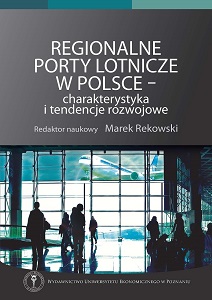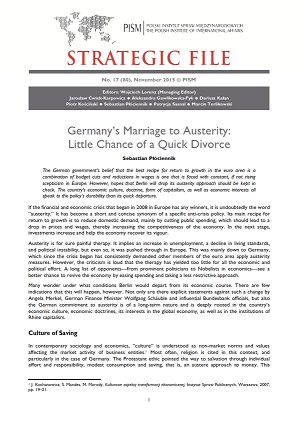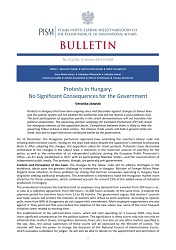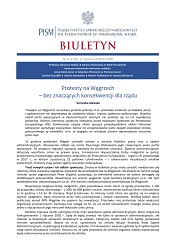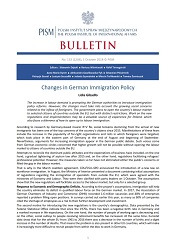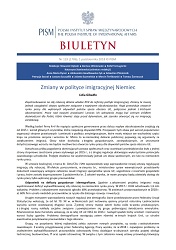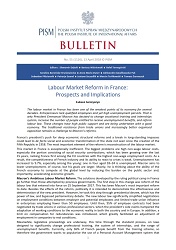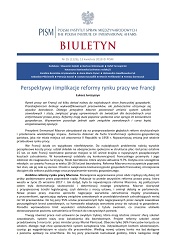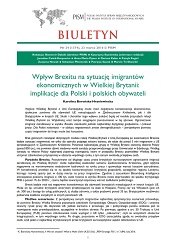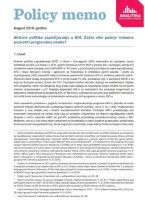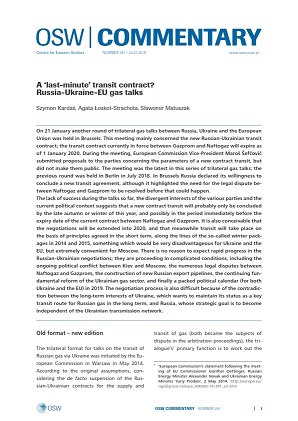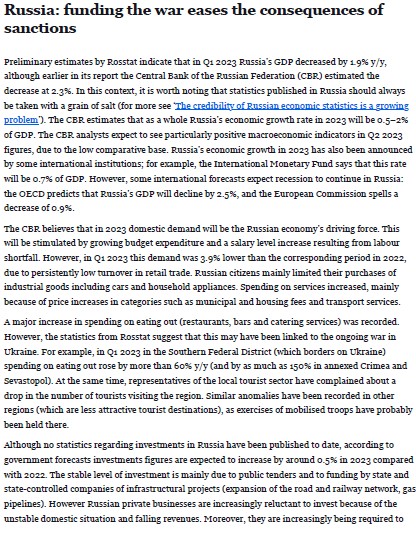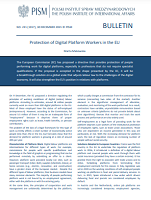
DRUŠTVENI ASPEKTI POLITIČKOG SISTEMA
S obzirom da nijedan politički sistem ne postoji tako reći u „bezvazdušnom“ prostoru, već funkcioniše u određenom društvenom kontekstu, da bi se bolje ušlo u smisao i različite aspekte njegovog funkcionisanja neophodno je ukazati i na njegove strukturno- kulturne uslovljenosti. U tu svrhu se najčešće koristi sintagma civilno društvo, s obzirom da se radi o onom aspektu društvenosti koji je važan indikator načina i stila vladanja i procesa donošenja ključnih političkih odluka, kako u smeru od društva prema vlasti, tako i u smeru od vlasti prema društvu. Pored praktične važnosti, radi se i o sintetičkom terminu koji u sebi inkorporira i druge bitne aspekte društvenosti, budući da se puna „zrelost“ i konsolidacija demokratskog, civilnog društva ne može očekivati u okolnostima velike socijalne i ekonomske deprivacije, nezaposlenosti, slabe i marginalizovane srednje klase, lošeg obrazovnog sistema, rodne neravnopravnosti i dr.
More...
